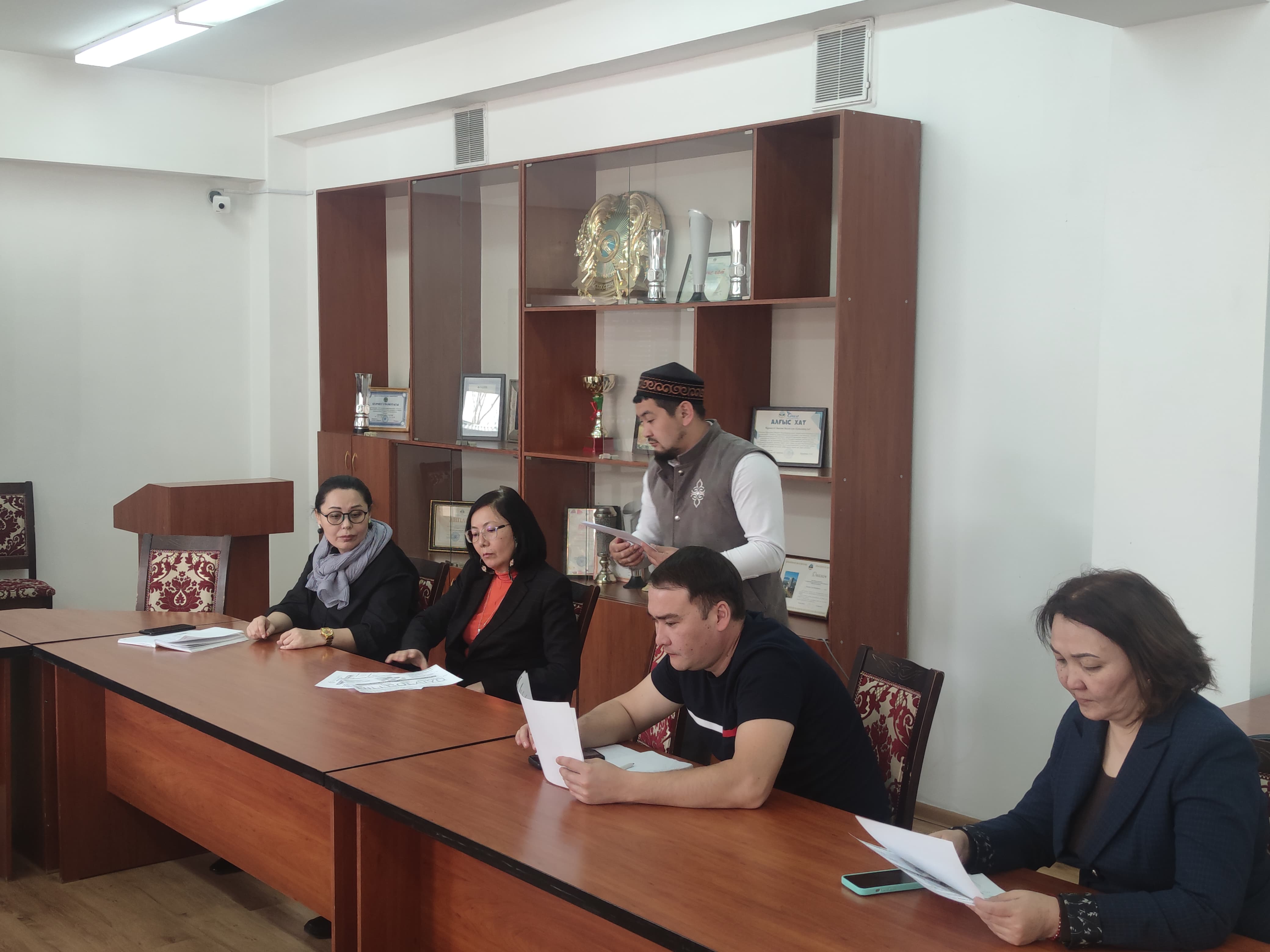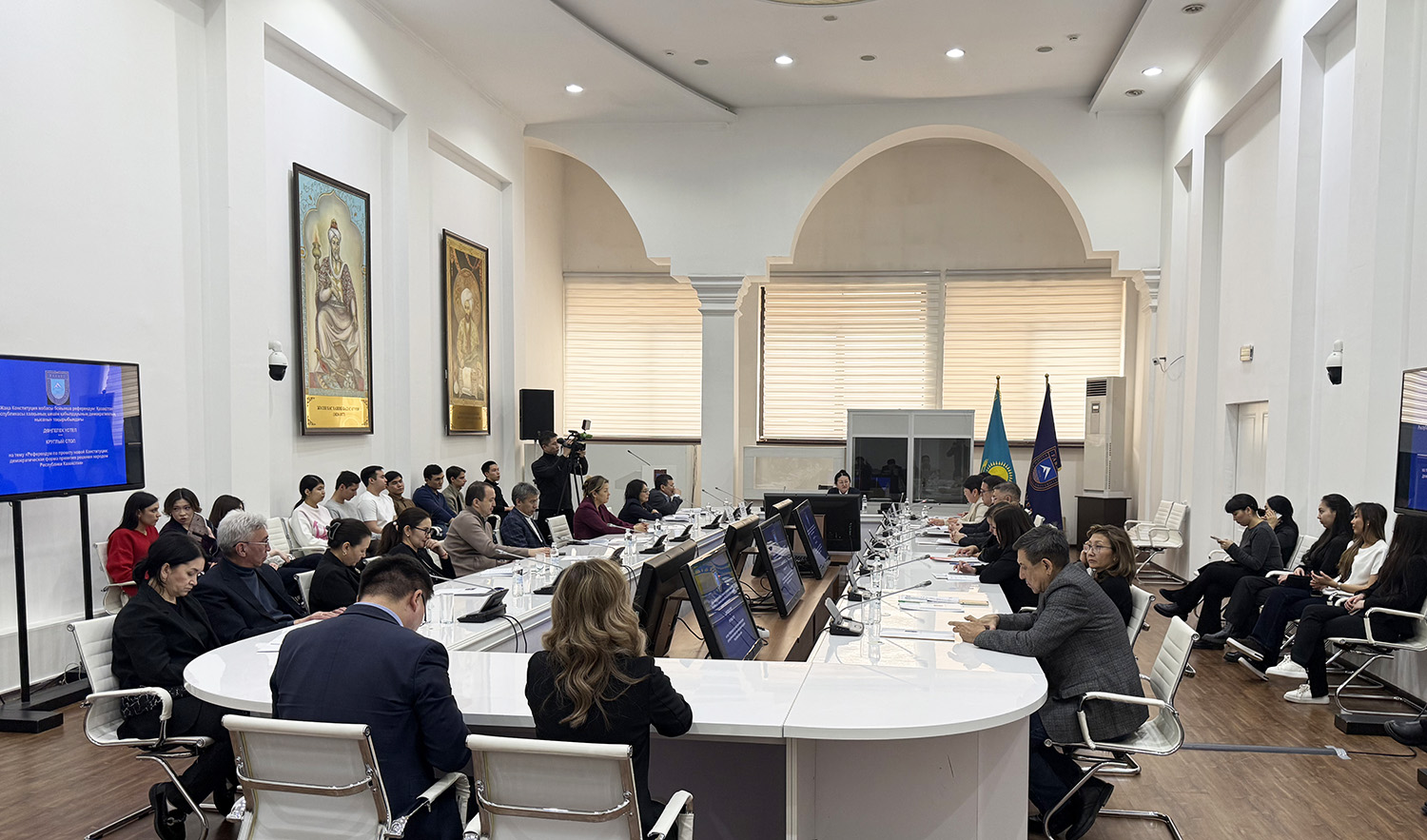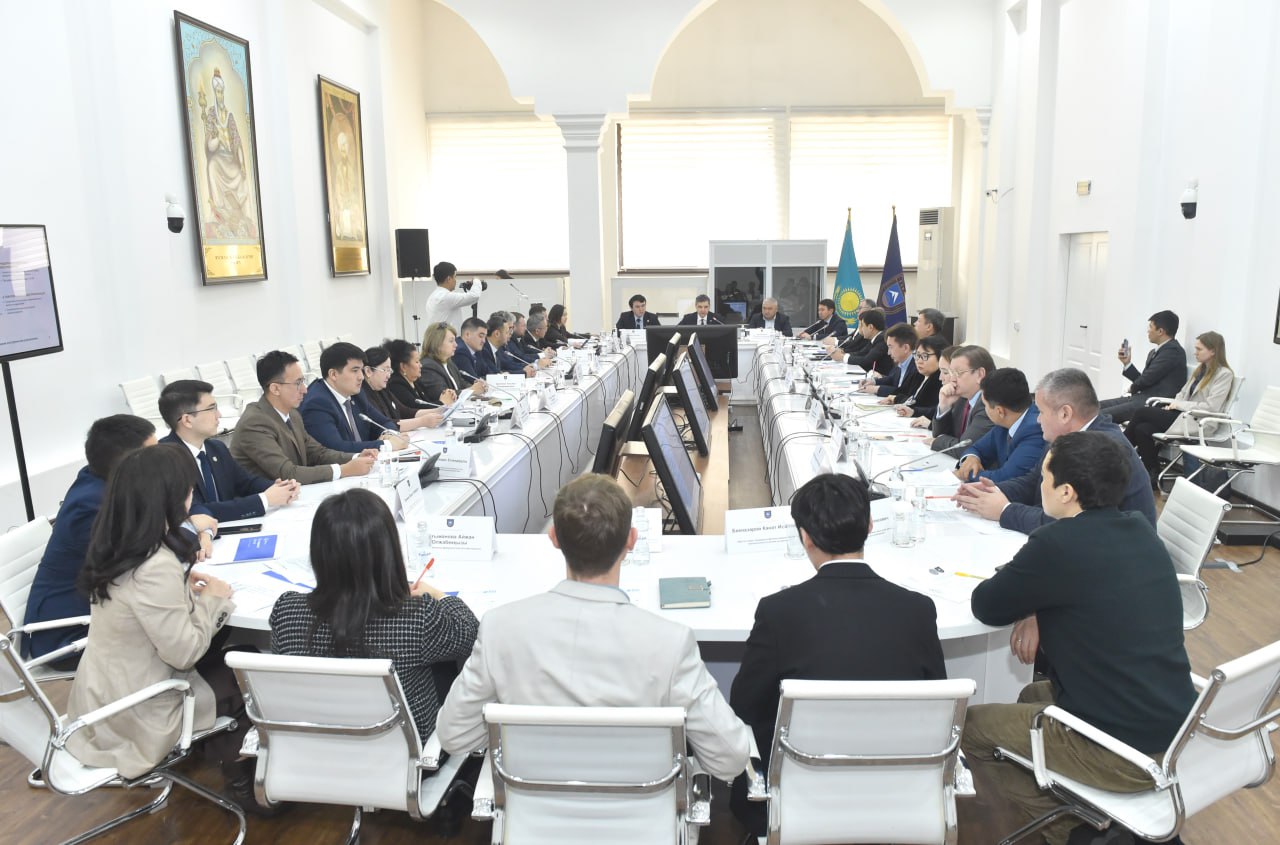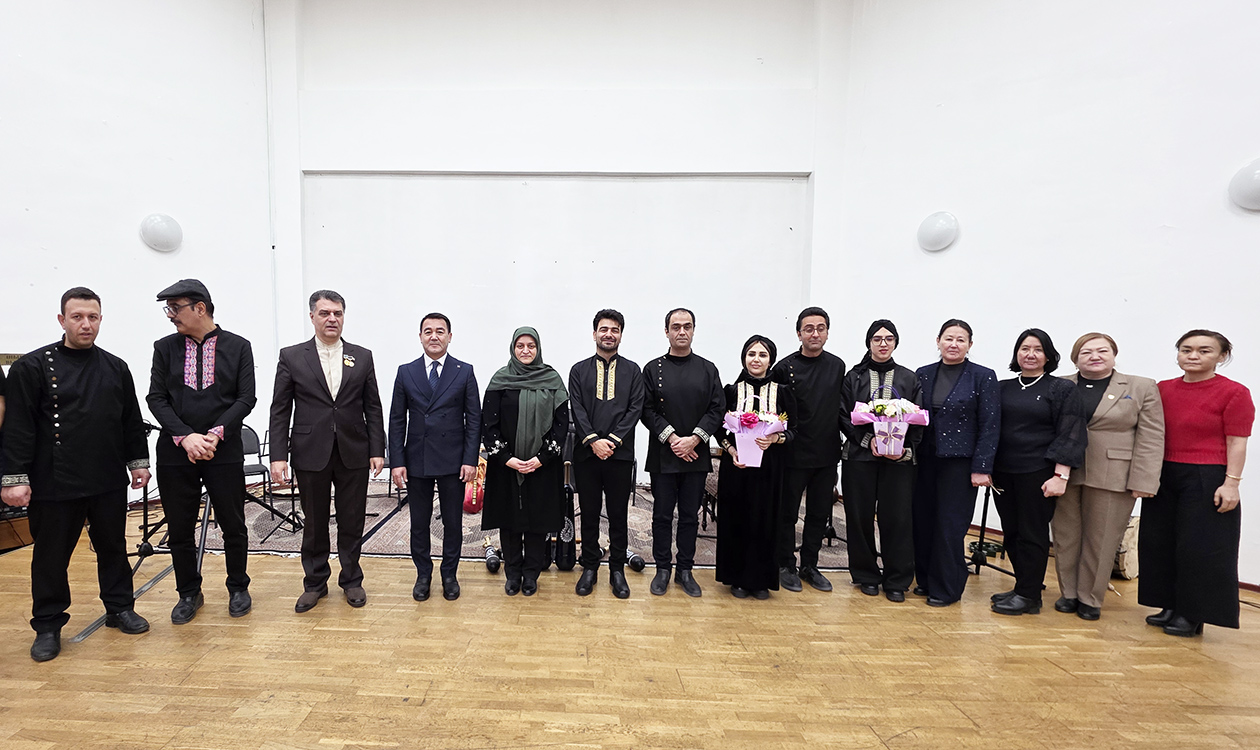Science Fund Grant Seminar: Innovative Projects for Sustainable Development
.jpeg)
The Faculty of Biology and Biotechnology hosted a seminar dedicated to grant funding opportunities provided by the Science Fund within the framework of the scientific project commercialization program. The event brought together leading representatives of the academic community, faculty members, researchers, and commercialization specialists, offering a unique opportunity to establish constructive dialogue between science and business. Special attention was given to the integration of scientific initiatives into modern sustainable development strategies, which are directly related to the implementation of the Sustainable Development Goals (SDGs).
Experts from the rectorate of Al-Farabi Kazakh National University spoke at the seminar. Malik Aybar Malikuly, Head of the Center for Technology Commercialization and Creative Industries, and Asel Zhanbolatkyzy Kenzhetai, Project Manager of the Department of Commercialization and Technology Transfer, thoroughly explained the application procedures, funding conditions, and opportunities for implementing scientific developments in the real sector of the economy. Thanks to the practical approach and individual consultations, participants were able to gain deeper insight into current tools for supporting innovative projects, which is an essential step in transitioning from fundamental research to practical application and realizing the SDGs in areas such as ecology, food security, healthcare, and innovative development.
The active participation of representatives from KazNU’s technopark added a practical dimension to the seminar. Among the invited guests were Director Mukhtar Abdikalykuly Sarsenbayev, Deputy Director Nurali Syrlybayev, as well as Madi Rakhymgozhin and Serikhan Aidarkhanuly. Their presentations included demonstrations of real-world projects, such as the introduction of a liquid bioproduct based on zoohumus, clearly showcasing how effective scientific developments can be adapted to the demands of the modern economy. These projects contribute to the development of sustainable agricultural practices and actively support the implementation of specific SDGs such as SDG 2 “Zero Hunger,” SDG 12 “Responsible Consumption and Production,” and SDG 15 “Life on Land.”
Particular attention was given to promising scientific projects at the commercialization stage. One of the key topics discussed was the development and large-scale deployment of bioproducts based on effective microorganisms. This approach represents a critical step toward creating a modern innovation ecosystem capable of attracting financial support and fostering productive collaboration between scientists and business representatives. The implementation of these projects not only improves agrotechnologies but also makes a significant contribution to achieving the SDGs: improving public health (SDG 3), preserving biodiversity (SDG 15), strengthening food security (SDG 2), and ensuring sustainable development of the agricultural sector.
The seminar emphasized the importance of supporting scientific initiatives and creating a unified innovation environment where each participant—whether a researcher or an entrepreneur—can contribute to building the economy of the future based on rational and environmentally friendly solutions. The recommendations and opportunities for further collaboration provided at the seminar became a powerful incentive for the activation of projects aimed at commercializing scientific research. Such dialogue between science and business plays a key role in promoting domestic innovations to the market, while also contributing to the achievement of global sustainable development goals and advancing the SDGs.
G.D. Ultanbekova, Department of Biotechnology
.jpeg)
.jpeg)



